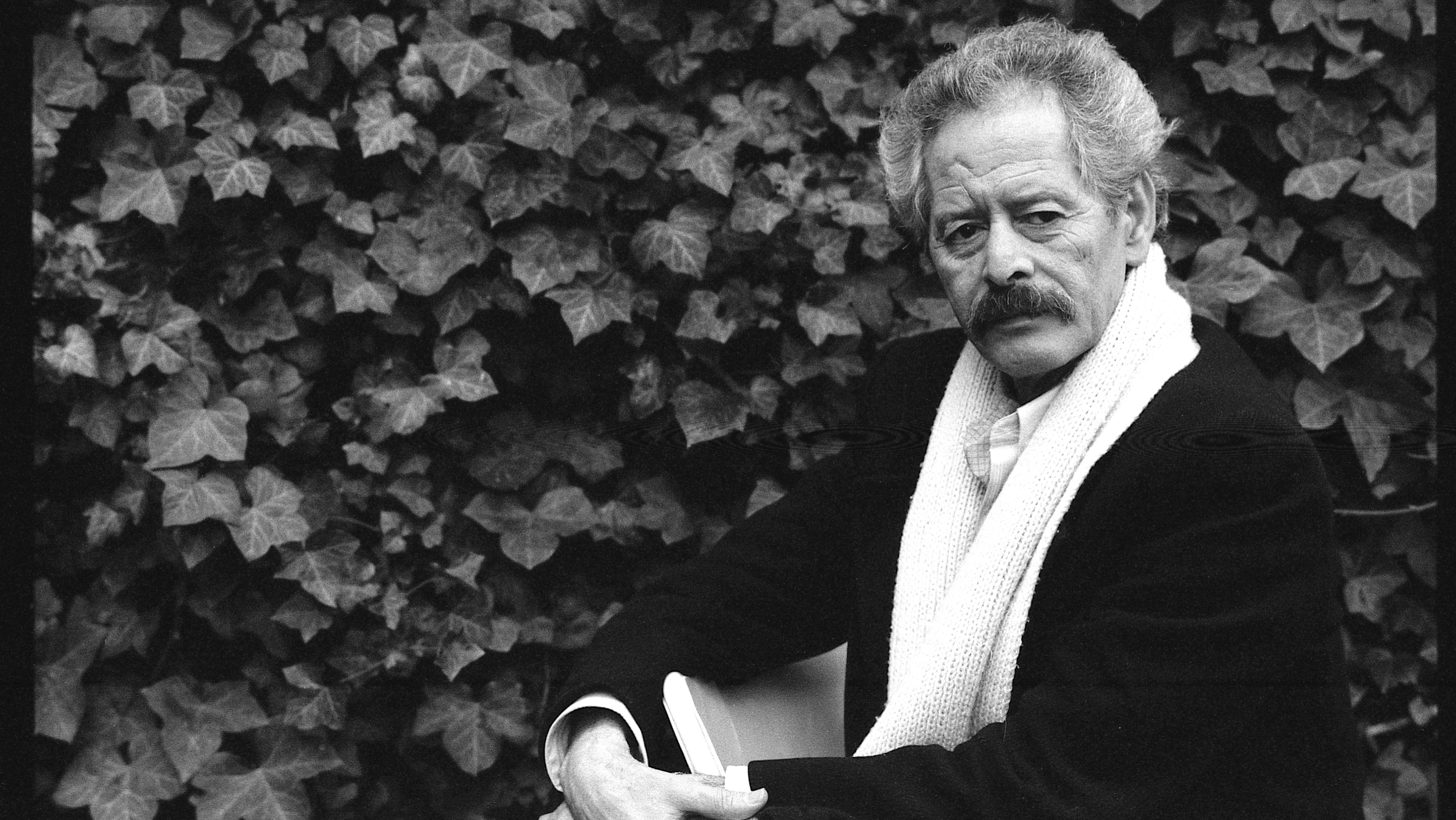At the age of 20 he could not read or write. About the first time she sat in a classroom, she would later write: “I didn’t belong there. I come from a clan of pimps, thieves, smugglers and whores. It was as if I were in a sacred place and my presence desecrated it, even though there were probably also among my companions who were all children of these unfortunates”. More than any other Arab writer of his time, Muhammad Chukri seemed destined to be an outcast in the eyes of the society in which he was born and lived. Son of the streets and dead ends, however, thanks to an extraordinary sensitivity and an insatiable reading ferocity, he managed to become a writer and one of the inescapable voices of Arabic literature. It is to his literary universe that we return now with “time of mistake”that Antígona has just published, after the publisher published it for the first time in Portugal, with “Dry bread”a pivotal work in his career.
The new title, originally published in 1992, follows the first, as the second volume of a stark and violent autobiography, sparsely written in trilogy form. [fica a faltar a publicação de Rostos (2000)], perhaps one of the most peculiar portraits of the poverty and misery lived in Morocco, before and after its independence, portraying the life of the writer as a beggar, thief, smuggler, teacher and bohemian. But it is more than that: “Tempo de Erros”, like other memorial books by the writer, is a manifesto of torrential writing, alien to literary traditions or grammatical and syntactic regulations, which is built –as Chukri writes– through “darkness and enigma”. instead of the clear and simple, the unknown instead of the obvious, the mirage instead of water”.
Born in 1935 (according to official records, although he himself doubted that year of birth) in a small town in the Rif mountains, in Morocco, during the iron years of the Spanish protectorate, Muhammad Chukri lived a marked childhood and youth. due to extreme hunger. , absurd violence and flight into the unknown. With a nomadic spirit, he passed through Tetuán, Larache, Orán and Tangier, the latter city where he lived most of his life, mixed in the literary and cosmopolitan circle that was formed there from the 1960s. From the underworld or lurking in the surface With an attentive and keen eye, it was in writing that he found refuge and salvation: writing “from the depths of poverty”, as the Basque writer Bernardo Atxaga described it, hard and rough, dry as bread without a conduit, with a avid ferocity and merciless amorality.
This article is exclusive to our subscribers: subscribe now and benefit from unlimited reading and other benefits. If you are already a subscriber, log in here. If you think this message is an error, please contact our customer service.
Source: Observadora
